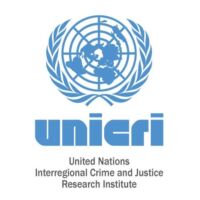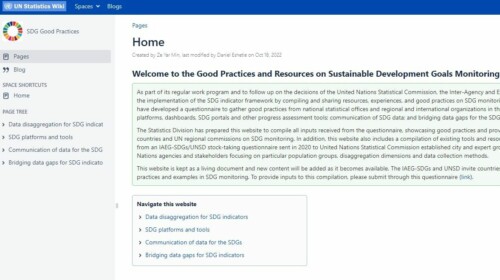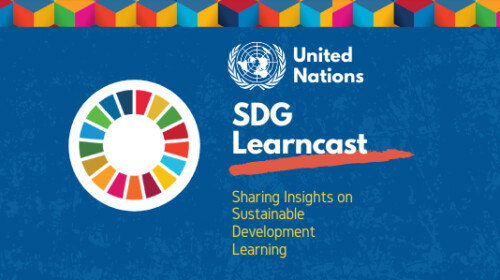Food security is not a new concept or phenomenon. Despite its long history, it still remains a major challenge. Climate change, conflicts, migration and new economic systems are compelling the global community to re-shape the entire food chain, from production to consumption. Aiming to reach the second SDG “Zero Hunger” within 2030, Member States and international organisations need to find a balance between economic development, environmental protection and food security.
While countering malnutrition and facilitating access to food, international and national institutions highlight the importance of controlling and monitoring the food supply chain. The globalisation of the food chain and its increased complexity urge governments to have the control on the large quantity and variety of food travels in the world. Substitution, adulteration, mislabelling, counterfeiting and misrepresentation of food products are seriously affecting the quality of what we eat. Furthermore, in many legislative frameworks they constitute criminal activities. Recognising the multiple threats of an uncontrolled food chain, common standards are essential to provide a safe and healthy nutrition.
Target Audience
1. University graduates in Law, Political Science, International Relations, Economics, Social Science and other relevant disciplines;
2. Young professionals working in governmental institutions, local authorities, international and non-governmental organizations.
Learning Objectives
• Acquisition of in-depth knowledge and practical skills by students, to be applied in their future career
• Gathering of skills and knowledge to better advocate for public policies, strategies, and good practices in relation to topics treated during the courses
• Results of the training evaluation used to revise future training sessions
• Beginning of a professional path/advance in students’ respective career
• Improved coordination, knowledge collection and progress in the academic and/or professional career in the international and humanitarian law field of all students
• Fostering of institutional development and judicial reform at the international level and in each student’s country of origin to contribute to the strengthening of the rule of law
• Development of lasting professional relationships among participants









